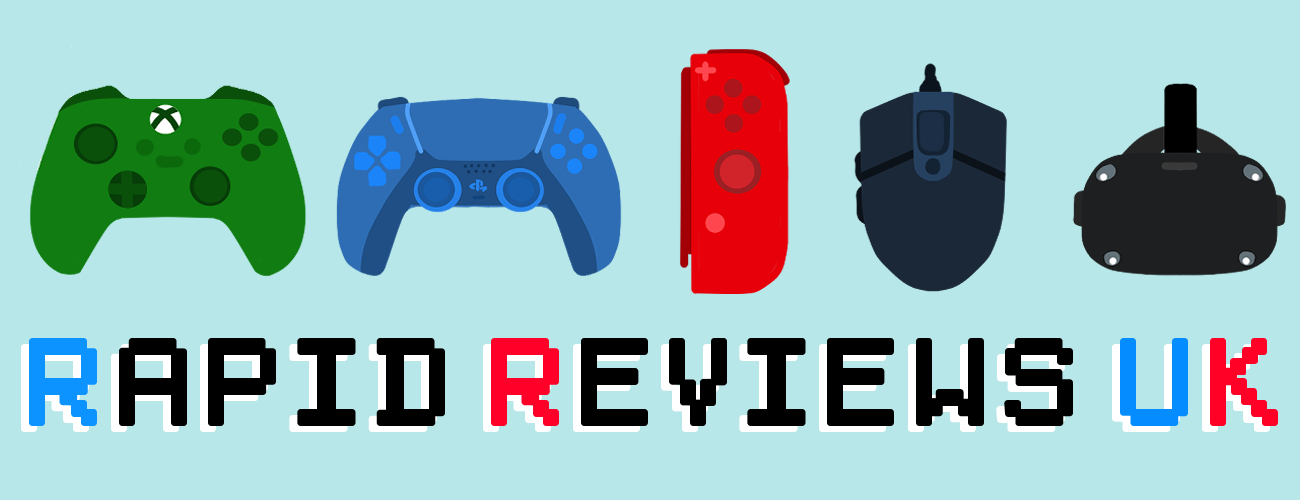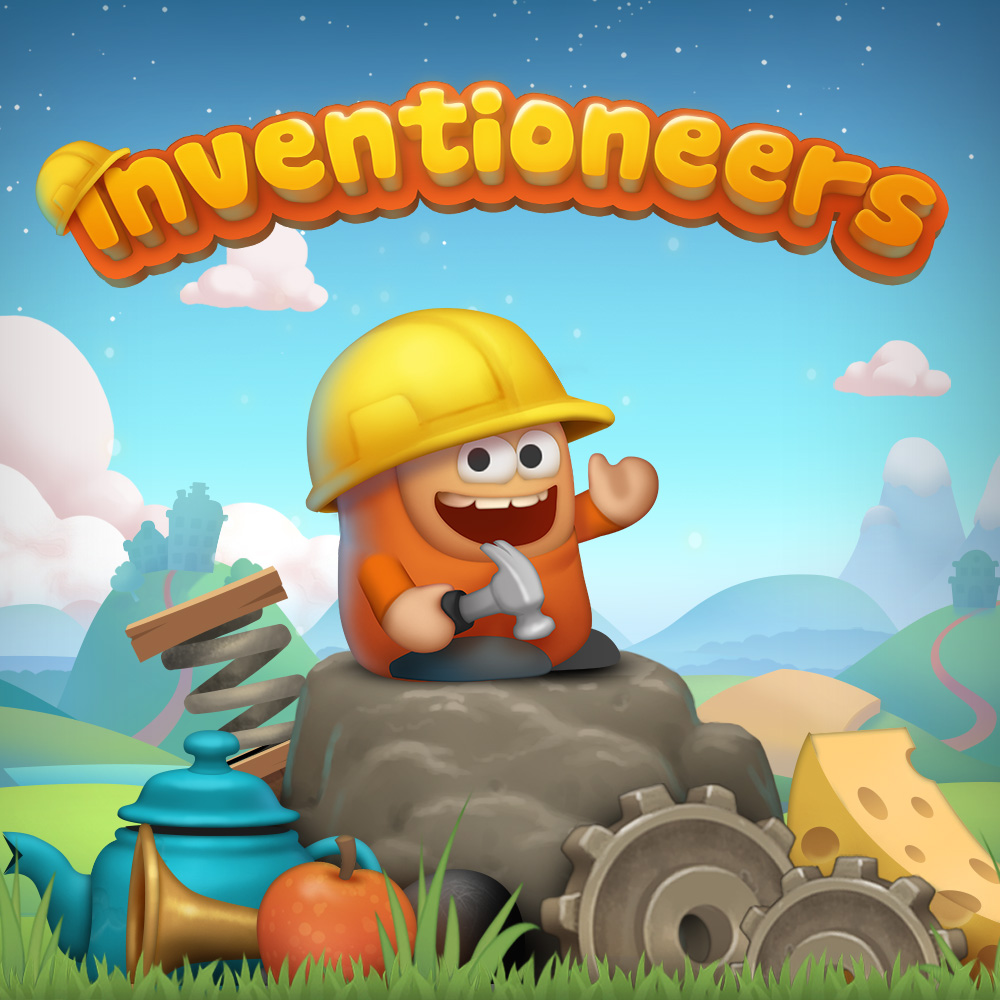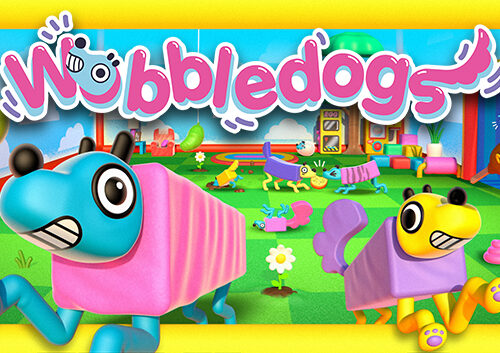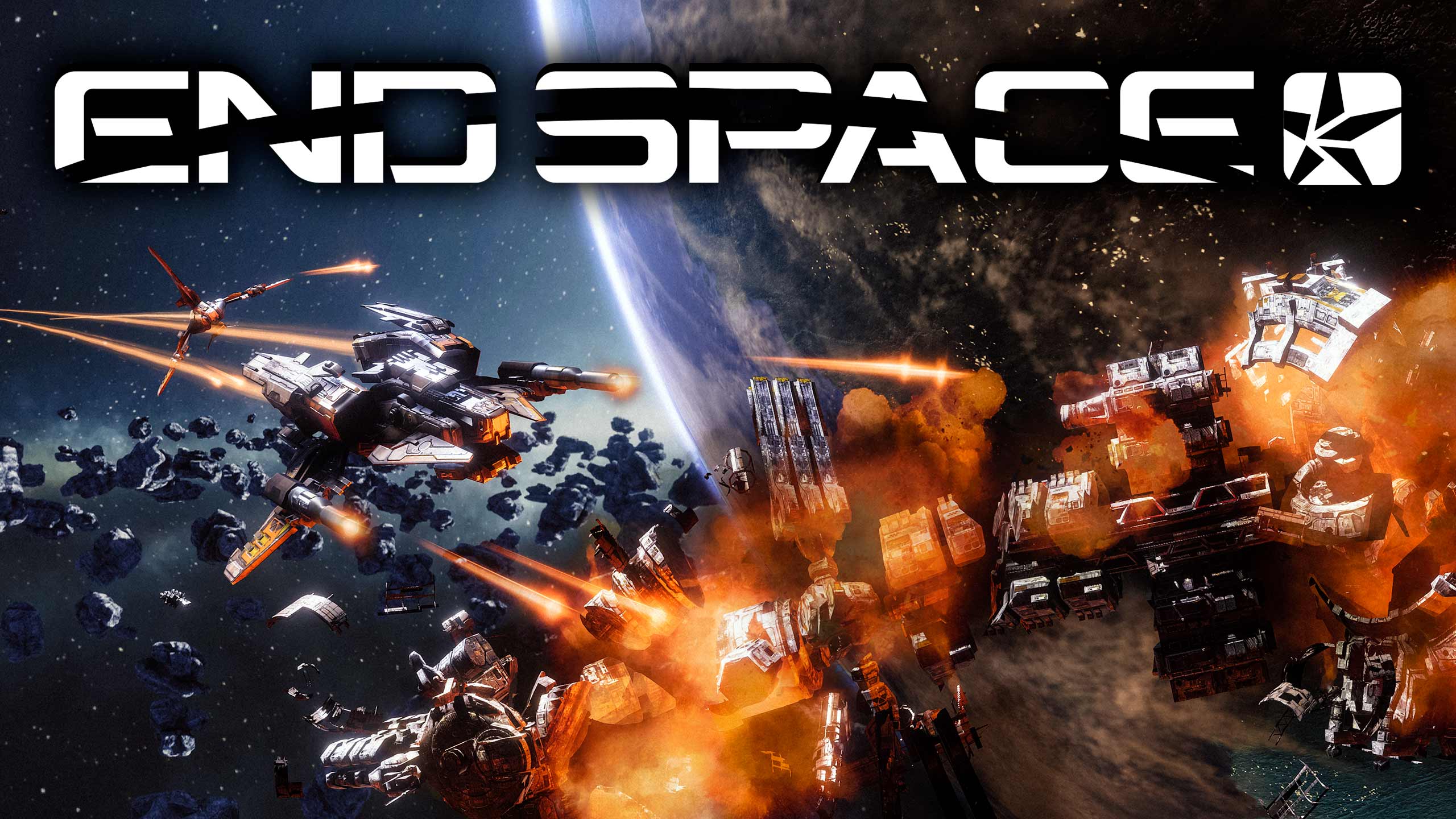Blowfish Studios

Next up to take their place in the Indie Corner Spotlight is Blowfish Studios from Australia. I spoke to Ellen Jurík who is Senior Producer & Game Designer at the studio.
How long have you been a developer?
About 11-12 years, but I’ve been employed in game development for seven of those. I’ve been with Blowfish Studios for just over three years.
How many years has your team been developing games?
Blowfish Studios was founded by Benjamin Lee and Aaron Grove in 2010, and the company has been slowly growing over time. We now have around 25 developers, the majority of which are full-time. The company’s activities include the development of our own games and products for clients and has now branched into co-development, publishing, and porting for other indie developers.
Who, or what, inspired you to become a games developer?
While I loved lots of different games growing up, the game that really made me crave game development was “Eternal Darkness” on the Nintendo Gamecube. I hugely admired the design of their Sanity System, and how it helped me experience the story in response to my interactions in the game! I really wanted to make games like that, to give people experiences like I had playing that game.
What was the inspiration for your team’s name?
While I’ve heard this story a few times from both of Blowfish’s Co-Founders, I honestly can’t remember a better explanation than, “We thought it sounded pretty cool.” Isn’t that all you really want from a name?

Describe a usual day in the life of an indie development team.
Every indie dev team is different. In some teams, development isn’t their day job, so a lot of the work is done after work or on the weekends. At Blowfish Studios, most of us do work as game developers as our full-time job, but one similarity is that because we juggle multiple projects across our teams, everyone’s attention is split, similar to someone working their day job and then coming home to game development!
A typical day for us likely involves working on at least two projects. The rest depends on your discipline, and which projects you’re working on! The biggest difference I’ve seen between Indie development and larger scale, larger budget teams, is that roles are a lot more fluid. It’s good if everyone pitches in to help out in any way they can to help the game get made.

Can you describe the process/timeline of developing a game?
The “Game Development Lifecycle” falls into three stages: pre-production, production, and QA. In pre-production, you’re trying to understand what your game is: how should it feel, what should it look like? You might make some prototypes to test it out.
During production, you’re making the bulk of the game. The art team and creating the art assets, the programmers are coding the game, and the game designers are working out the player’s experience and making sure that art and programming come together to deliver it. Sometimes this part of development runs very smoothly, but sometimes a game doesn’t achieve the goal of how it should feel, so changes have to be made and work might be thrown away or reworked.
QA, also known as Beta, or Feature Complete, is where it’s agreed that the game has all the important systems in place, but there will be bugs that need fixing, the game might need balancing, and there still might be additional art that needs to go in. There’s a chance that, during this phase, it is decided that some part of the game needs to be changed, and it will move back into production. Otherwise, it turns into what I refer to as “Closing”: the goal is to finish the game, fix the bugs, and get it shipped!
These days, bugs, new features, new content, and balancing can be added after launch. So, depending on how flexible your launch date is, it might be a better idea to cut features and content and plan it for an update!
How do you juggle all of the aspects of games development?
Blowfish Studios is large enough that we’re able to employ specialists in different areas of development. We’re still small enough that we sometimes have overlap as well, and it’s great to have everyone work together to build a greater game. We also know to look outside the studio for skills we can’t fill ourselves, such as working with a games PR company, outsourcing audio, and hiring an experienced level designer, all of whom live and work internationally. As a Producer, it’s my job to think about the different aspects of game development and to ensure that everyone has what they need to be working as efficiently as possible.
What is your ambition as an indie developer?
Being an Indie Developer, we have the opportunity to take risks in our game designs and focus on what we think is interesting. We’re not beholden to a conservative parent company, investor, or publisher, so we’re not restricted by what is bankable or known. That’s what I think is the great strength of indie development. My personal goal is to develop games that have interesting systems that are based on human behaviour, as well as to create more varied and impactful stories using the unique language of gameplay to tell them.

What advice would you give to someone who wants to get into the games industry?
ABC- Always Be Creating! It doesn’t matter what part of development you want to get into, find a way to be doing this. There are lots of free tools available online that you don’t need a degree to be able to use, so get in there and make something! Look out for game jams, both physical and online; they’re great for making friends and finding people who are great at doing what you can’t do. And if you feel like a project is really big, break it down into a small “core loop” or prototype that’s manageable. Give yourself permission to fail: it’s better to try and learn what not to do than never try and only say you could!
Where do you see gaming heading in the next decade?
I see games becoming more mainstream, and reaching new audiences- and in doing so, the games that exist become more varied. And as this happens, more varied people get involved in game development and begin to create more interesting and exciting play experiences. I hope that overall games will help people learn to see themselves as playful and creative beings, and this brings joy and innovation to their lives!

I want to say a huge thanks to Ellen at Blowfish Studios for taking part in my Indie Corner Spotlight. If you would like your Indie Dev team to be featured in my Indie Corner Spotlight, please get in touch.





